
The Querying
In a previous post I mentioned that I was back in the query trenches. To recap, my earlier, experimental novel didn’t sell and I decided it was time for a fresh approach. I ended my relationship with my literary agent amicably, prepared my query letter for my more commercial novel and sent off my submission package to a handful of new agents who work in my genre and whom I admired.
A few full manuscript requests, email exchanges to alert other agents to the fact that there was interest from other parties, and two phone calls later, I accepted an offer of representation from my wonderful new agent.
Here are a few things I learned along the querying journey: ‘big name’, established agents with a long client list may be interested, but they have limited capacity to work editorially on new projects; up-and-coming agents who are building their list are more likely to take on new clients and can give them more of their time; rejection is part of the process – dust yourself off and move on.
The Phone Call
I was so nervous when my phone rang at the allotted time, but I knew almost immediately that she could be the one. She was warm and enthusiastic but business-like, and totally focused on the manuscript – what she loved about it, questions that she had for me about different points in the story and gentle suggestions for further development. Everything she said demonstrated that she had really paid attention to detail when she’d read the full.
I’d prepared a list of questions and she answered them all clearly and honestly, including that if the book didn’t sell, she would still represent me as an author (reassuring me that it’s about nurturing a long-term career, not just attempting to sell one book). She encouraged me to talk to the other agent before making a decision and, when the call ended, I felt that I would be in safe hands if I accepted her offer.
The Edits
The next step after accepting the offer was for my new agent to re-read the novel and prepare an editorial letter. While I waited trepidatiously for this document to arrive in my inbox, I distracted myself by working on a different novel.
When the note arrived, I read through carefully, keeping an open mind to her suggestions. The document was ten pages long and began with an analysis of the genre and what was working well in the current market. These pages were followed by notes on plot, character, setting etc. (I should make the point here that my agent is a former editor at a couple of publishing houses, so she’s more open to working in this way than other agents might be. This is something worth considering when you select who to submit to.)
After reading through once, I slept on it, then re-read the next day. This time, I made notes, summarising key suggestions. Then I slept on it again. I arranged a phone call with my agent to discuss some of the points in further detail, which really helped to cement the direction I would take the manuscript in.
I decided to implement as many of the suggestions as I could, though my agent pressed the point that this was still my novel and these were only suggestions that I could choose to follow or not. But, I knew I would take them on board – as an objective reader and an experienced editor, it seemed a no-brainer to listen to her.
Now don’t get me wrong, some of these are BIG edits – I’ve added a whole new pov character, I’ve changed the context of the reveal, I’m changing who dies, and I’m altering the outcomes for some of the characters! This involves a lot of re-writing with assimilating parts of the original manuscript. It’s challenging and I’m learning a lot about my capabilities along the way.
Emotionally, it’s a bit of a rollercoaster. Some days, I despair that I can make it work. I doubt that what I’ve written so far is any good. Is the pace hitting the mark? Is there enough tension? Have I balanced revealing information in the right places without revealing too much too soon? And on and on. However, there are rays of light, days where the words are flowing and my confidence grows that I can pull this off. I guess time will tell which of these attitudes was right (but I remind myself that black-and-white thinking really isn’t helpful – it’s probably a mix of both in reality!).
Experience
So, I’m 30,000 words in and I have a pretty good plan of where I’m heading with the re-write. We’re aiming for submission to publishers in autumn.
What have I learned from all of this? Do your research. Persevere. Be professional. Be prepared. Stay open-minded. Be willing to put in the work. Keep your expectations realistic (but try to stay positive). And lastly, instead of asking ‘Why me?’ when those doubts do creep in, ask ‘Why not me?’
Final Thoughts
What has your querying journey been like?
What have you learned along the way?
What does your ideal author-agent relationship look like?
How open are you to the possibility of big edits?
Structuring Scenes
How to craft scenes with purpose
I watched another excellent webinar recently. The content was helpful as both a planning tool and as an editing tool. Scene structure mimics story structure, but on a…
On The Honest Authors’ podcast, Gillian McAllister once mentioned that she was asked, “Do you really think that?” about something controversial she’d written in one of her novels….
Bear With Me! Okay, this is probably a weird analogy but this is how my (bird-brained!) mind works. So, in terms of the title question, I’ve thought long…


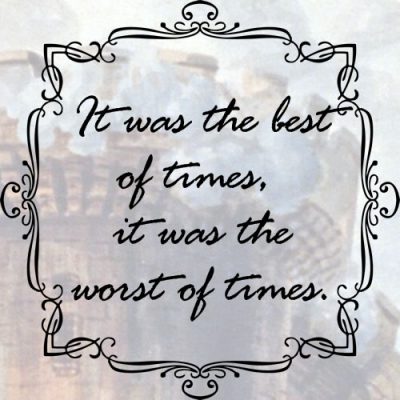

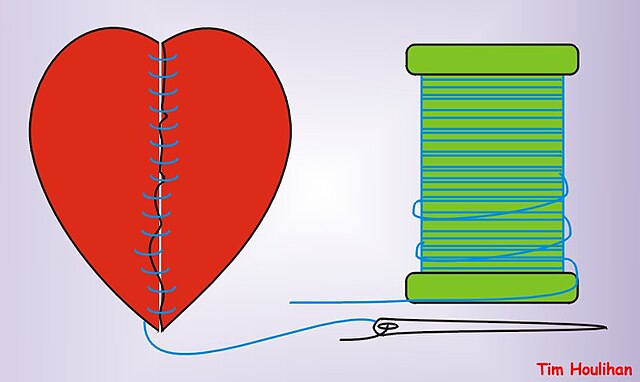

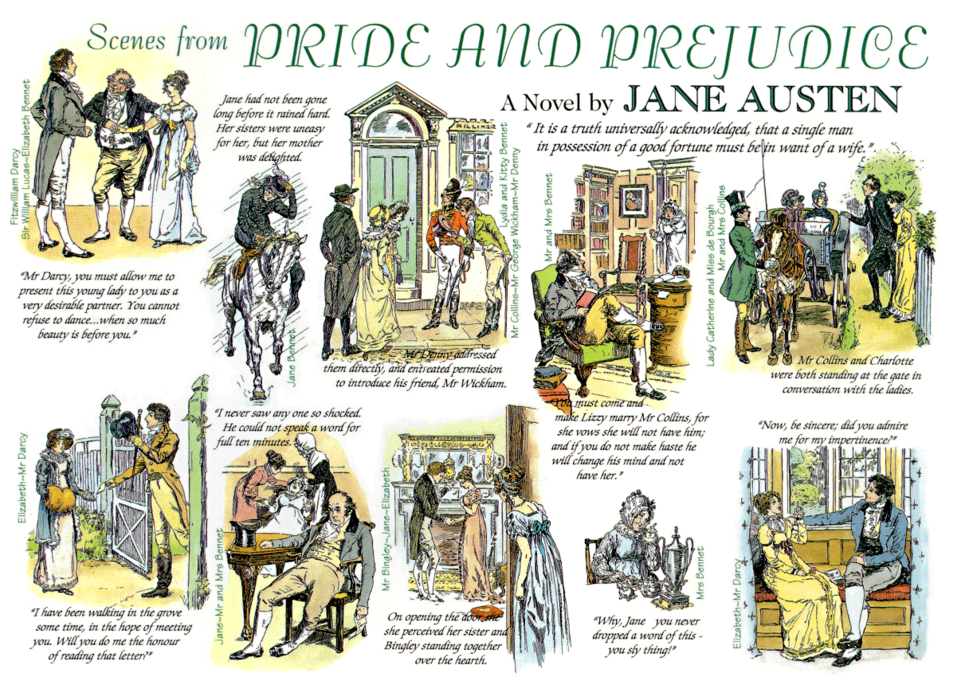
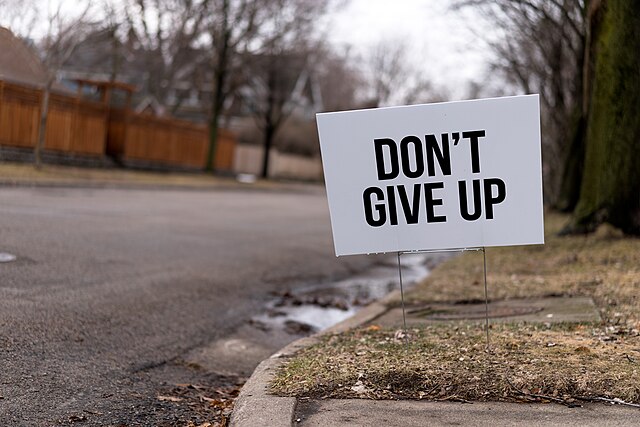
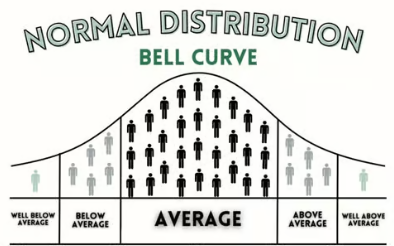
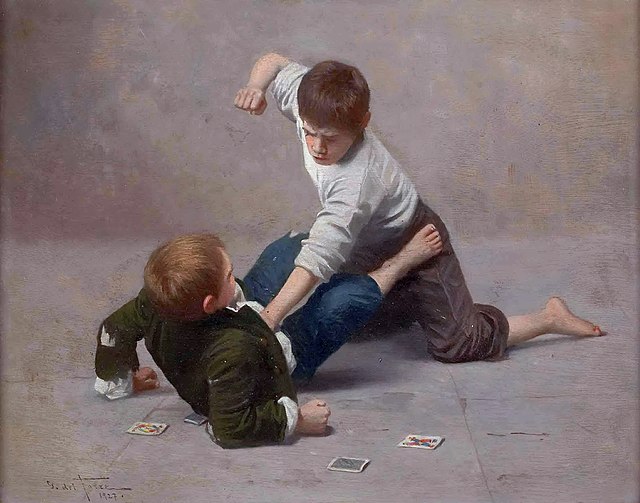

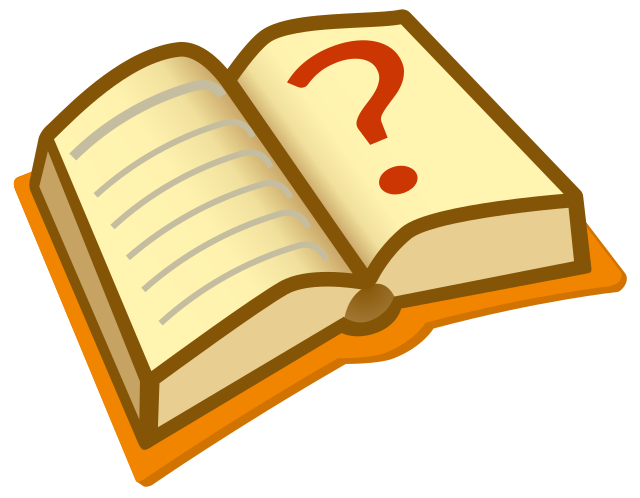

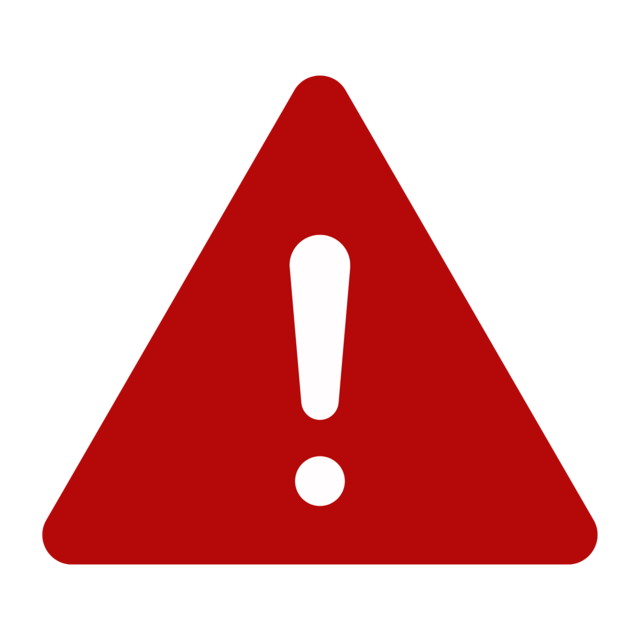


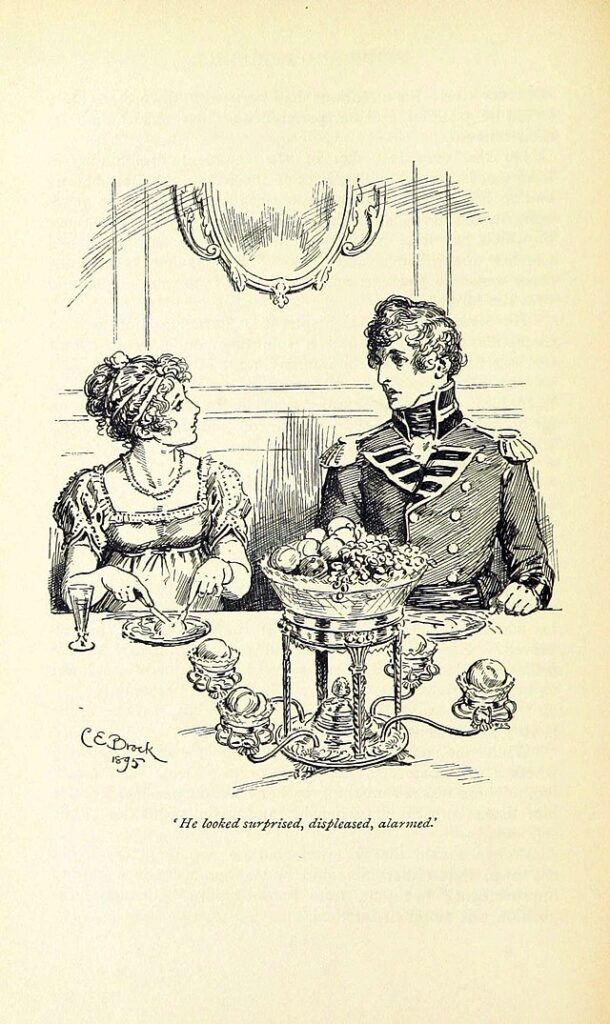



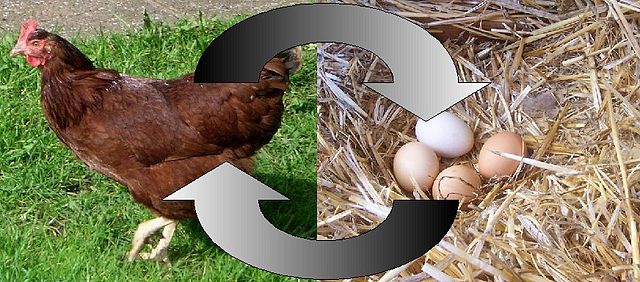
Well, you did something most writers never do, and you did it well – change agents! Sounds like it was a smooth transition, too. Well done. I actually can’t fault anything you’ve done during this process, It is classic case history in how to “move on up”. Every committed, professional… Read more »
Thanks, Pete!
You’re welcome! BTW, you ought to be abler to receive alerts now when someone leaves a comment… either via the little bell icon in the top right of the screen, or if you have push alerts enabled in your browser, as a pop-up.
Brilliant!
That is a very interesting piece. When you decided to change agents how did you choose your next possible candidates? Did you go and watch them speaking. Did you read the work of any of the other authors they agent? Or some other way. When I was looking for an… Read more »
Hi Gina, Thanks for reading. Yes, it is scary! But I’m working through the changes systematically and my agent’s editorial comments made a lot of sense/were well-reasoned, so I had very few doubts about following her suggestions. I’ve also heard a lot of interviews with published authors in which they’ve… Read more »